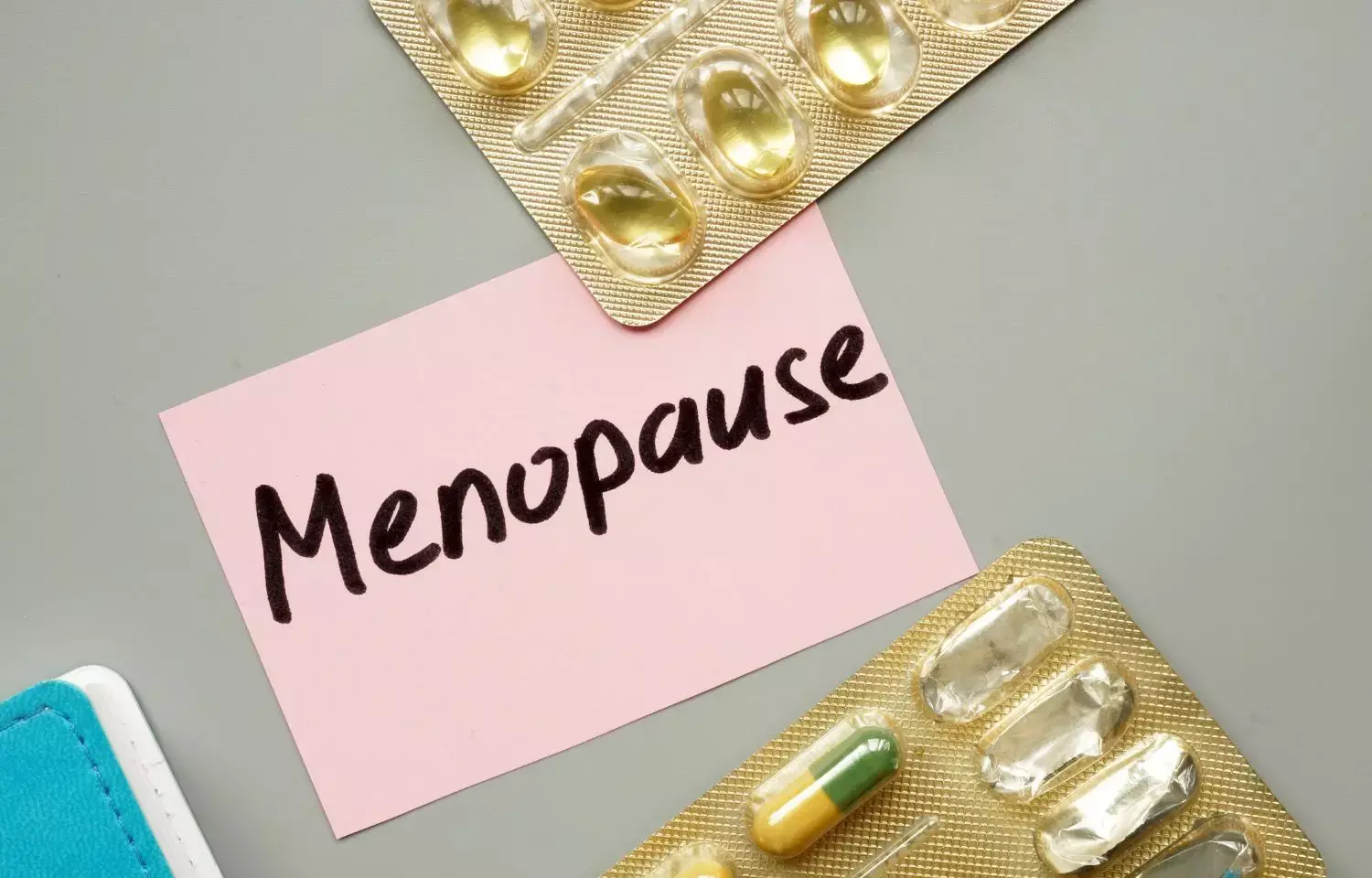- Home
- Medical news & Guidelines
- Anesthesiology
- Cardiology and CTVS
- Critical Care
- Dentistry
- Dermatology
- Diabetes and Endocrinology
- ENT
- Gastroenterology
- Medicine
- Nephrology
- Neurology
- Obstretics-Gynaecology
- Oncology
- Ophthalmology
- Orthopaedics
- Pediatrics-Neonatology
- Psychiatry
- Pulmonology
- Radiology
- Surgery
- Urology
- Laboratory Medicine
- Diet
- Nursing
- Paramedical
- Physiotherapy
- Health news
- Fact Check
- Bone Health Fact Check
- Brain Health Fact Check
- Cancer Related Fact Check
- Child Care Fact Check
- Dental and oral health fact check
- Diabetes and metabolic health fact check
- Diet and Nutrition Fact Check
- Eye and ENT Care Fact Check
- Fitness fact check
- Gut health fact check
- Heart health fact check
- Kidney health fact check
- Medical education fact check
- Men's health fact check
- Respiratory fact check
- Skin and hair care fact check
- Vaccine and Immunization fact check
- Women's health fact check
- AYUSH
- State News
- Andaman and Nicobar Islands
- Andhra Pradesh
- Arunachal Pradesh
- Assam
- Bihar
- Chandigarh
- Chattisgarh
- Dadra and Nagar Haveli
- Daman and Diu
- Delhi
- Goa
- Gujarat
- Haryana
- Himachal Pradesh
- Jammu & Kashmir
- Jharkhand
- Karnataka
- Kerala
- Ladakh
- Lakshadweep
- Madhya Pradesh
- Maharashtra
- Manipur
- Meghalaya
- Mizoram
- Nagaland
- Odisha
- Puducherry
- Punjab
- Rajasthan
- Sikkim
- Tamil Nadu
- Telangana
- Tripura
- Uttar Pradesh
- Uttrakhand
- West Bengal
- Medical Education
- Industry
Shorter menstrual cycles associated with earlier menopause and severe menopausal symptoms

Menopause symptoms can significantly affect a woman's quality of life therefore much research has focused on identifying risk factors associated with menopause symptoms.
Researchers have found in a new study that shorter menstrual cycles during reproductive years among females is associated with earlier age of menopause and severe menopausal symptoms affecting quality of life.The study suggests that menstrual-cycle length may predict the severity of menopause symptoms, as well as the age at menopause.
Study results have been published online today in journal Menopause.
The menopause transition is often accompanied by symptoms such as hot flashes, depression and anxiety, cognitive changes, and disturbances of sleep duration and quality. Traditional risk factors for menopause symptoms include demographic (age and ethnicity) and several modifiable lifestyle factors such as body mass index (BMI), smoking, and physical activity.
Emerging data suggest that reproductive traits and conditions during reproductive age may be associated with menopause symptoms, although study results are contradictory. For example, compared with postmenopausal women with regular menstrual-cycle lengths, a history of irregular cycles was associated with reduced late-life depressive symptoms in Chinese and higher severe depressive symptoms in French postmenopausal women.
Researchers in this new study involving more than 600 women sought to investigate the extent to which self-reported menstrual-cycle length during the reproductive years is associated with menopause symptoms in midlife women.
Compared with women with normal menstrual-cycle length (26-34 days), those with short menstrual cycles (<25 days) during their reproductive years had a higher frequency of total menopause symptoms as well as certain menopause symptoms at midlife and reached menopause earlier. Specifically, women with short menstrual cycles had higher odds of midlife sleep problems, heart discomfort, and depressive symptoms. In addition, these same women had higher prepregnancy BMI.
Because of the limited literature on this topic, the researchers suggest that further studies are warranted, especially studies that separately evaluate women with usual cycle lengths of fewer than 21 days.
Study results are published in the article "Self-reported menstrual cycle length during reproductive years in relation to menopausal symptoms at midlife in Project Viva."
"The menstrual cycle is a biologic marker of overall health. This study finds that a shorter menstrual-cycle length during a woman's reproductive years is a window into her future midlife health. It will be important to validate these findings and understand the potential mechanism involved," says Dr. Chrisandra Shufelt, NAMS president.
References:
1. Petridis E. https://www.menopause.org/docs/default-source/press-release/menstrual-cycle-length-and-meno-symptoms-and-age-at-meno.pdf
2. Harvard.edu. Project Viva | A Study of Health for The Next Generation. Harvard.edu. Published 2019. Accessed August 24, 2022. https://www.hm
Dr Kamal Kant Kohli-MBBS, DTCD- a chest specialist with more than 30 years of practice and a flair for writing clinical articles, Dr Kamal Kant Kohli joined Medical Dialogues as a Chief Editor of Medical News. Besides writing articles, as an editor, he proofreads and verifies all the medical content published on Medical Dialogues including those coming from journals, studies,medical conferences,guidelines etc. Email: drkohli@medicaldialogues.in. Contact no. 011-43720751


